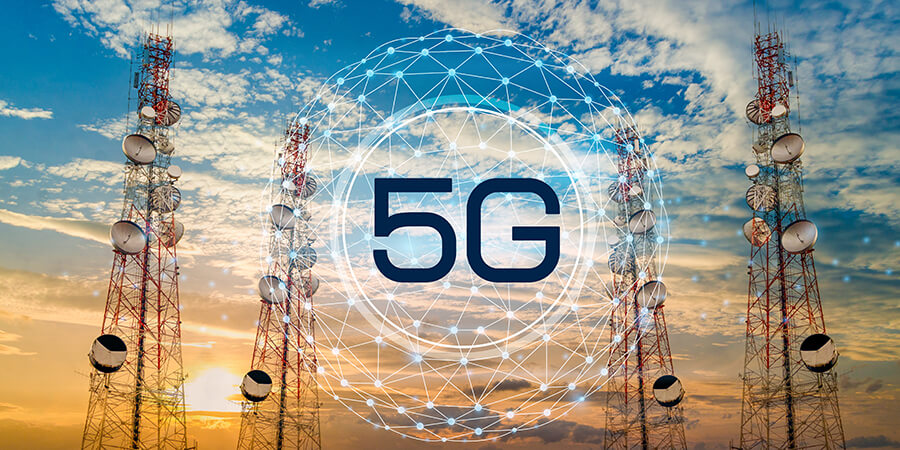Driving Innovation: The Expansion of 5G Networks
The proliferation of 5G networks marks a significant milestone in the evolution of telecommunications, promising faster speeds, lower latency, and greater connectivity than ever before. As the next generation of wireless technology, 5G networks have the potential to revolutionize industries, empower emerging technologies, and unlock new opportunities for innovation and economic growth. In this comprehensive guide, we explore the expansion of 5G networks, highlighting their impact and implications for businesses, consumers, and society.
Understanding 5G Technology
Definition and Concept
5G, or fifth-generation wireless technology, represents the latest iteration of mobile network standards, succeeding 4G LTE. 5G networks promise ultra-fast data speeds, low latency, and high reliability, enabling new applications and services that were previously impractical or impossible with existing networks.
Key Features
Key features of 5G technology include enhanced mobile broadband (eMBB), massive machine-type communications (mMTC), and ultra-reliable low-latency communications (URLLC). These features enable diverse use cases ranging from high-definition video streaming and augmented reality (AR) to autonomous vehicles and remote surgery.
Implications of 5G Network Expansion
Enhanced Connectivity
5G network expansion will deliver faster and more reliable connectivity, enabling seamless access to data, applications, and services across devices and locations. Consumers and businesses will benefit from improved productivity, collaboration, and user experiences in the digital era.
Innovation and Transformation
5G networks will fuel innovation and transformation across industries, empowering emerging technologies such as Internet of Things (IoT), artificial intelligence (AI), augmented reality (AR), and virtual reality (VR). Industries ranging from healthcare and manufacturing to transportation and entertainment will leverage 5G to drive efficiency, automation, and new business models.
Economic Growth and Competitiveness
The expansion of 5G networks is expected to stimulate economic growth and competitiveness by creating new opportunities for entrepreneurship, job creation, and investment. 5G-enabled technologies and services will contribute to increased productivity, efficiency, and market competitiveness in the global economy.
Challenges and Considerations
Infrastructure Deployment
Deploying 5G infrastructure requires significant investments in network infrastructure, including small cells, base stations, and fiber-optic cables. Addressing regulatory, logistical, and financial challenges associated with infrastructure deployment is essential to ensure widespread coverage and adoption of 5G networks.
Spectrum Allocation
Optimizing spectrum allocation is critical for maximizing the capacity and performance of 5G networks. Governments and regulatory bodies need to allocate sufficient spectrum resources and coordinate spectrum sharing agreements to support the growing demand for wireless connectivity.
Security and Privacy
Ensuring security and privacy in 5G networks is paramount to protect against cyber threats, data breaches, and privacy violations. Implementing robust security protocols, encryption standards, and privacy-enhancing technologies is essential to safeguard sensitive data and maintain trust in 5G networks.
The Future of 5G Networks
As 5G networks continue to expand and evolve, they will play a pivotal role in shaping the future of connectivity, innovation, and society. By unlocking new opportunities for businesses, enabling transformative technologies, and driving economic growth, 5G networks will empower individuals, organizations, and communities to thrive in the digital age.







